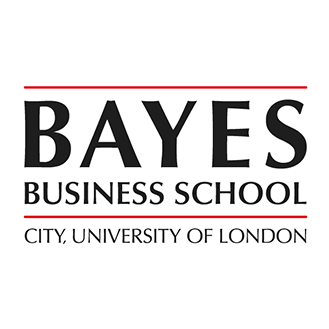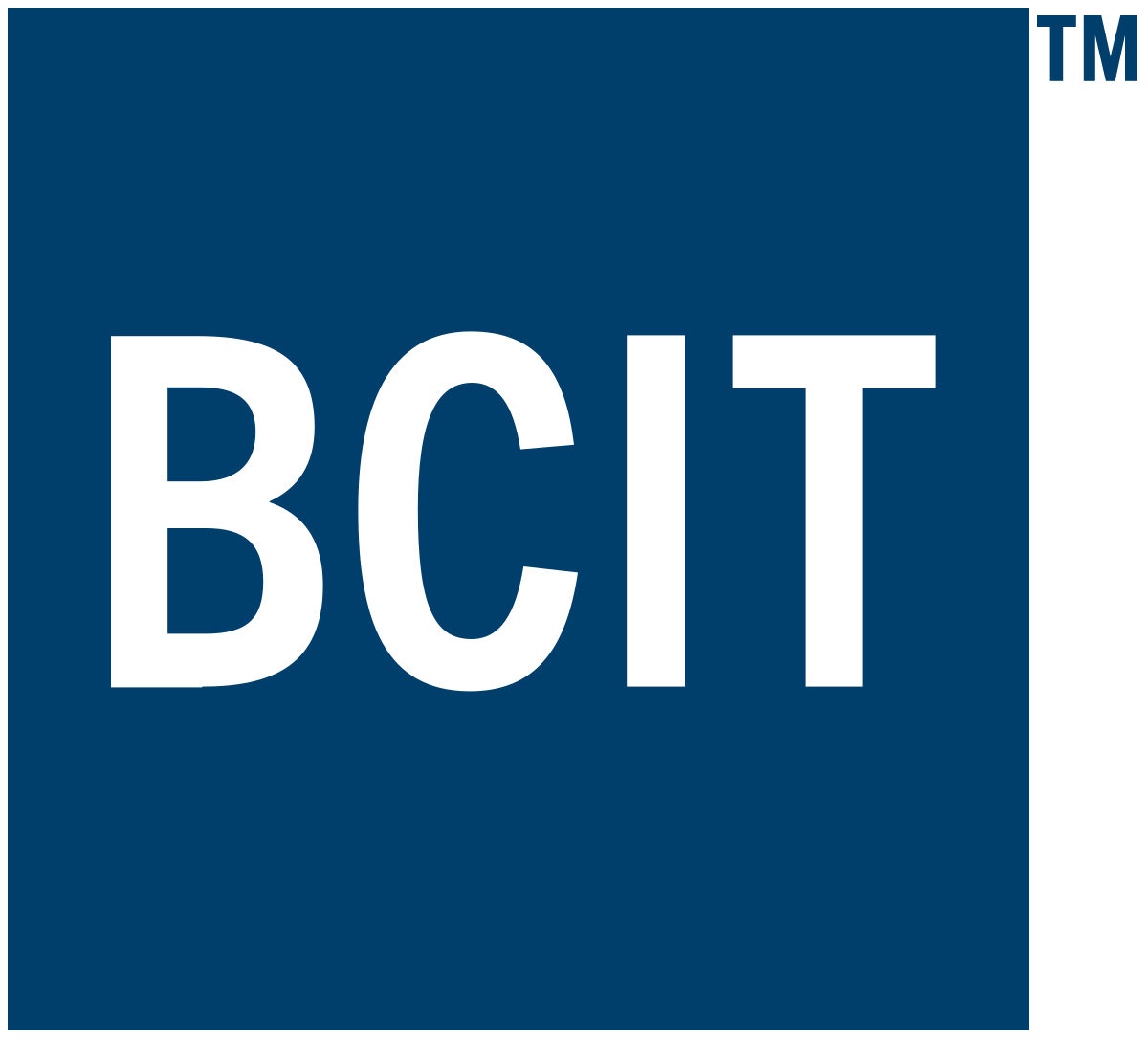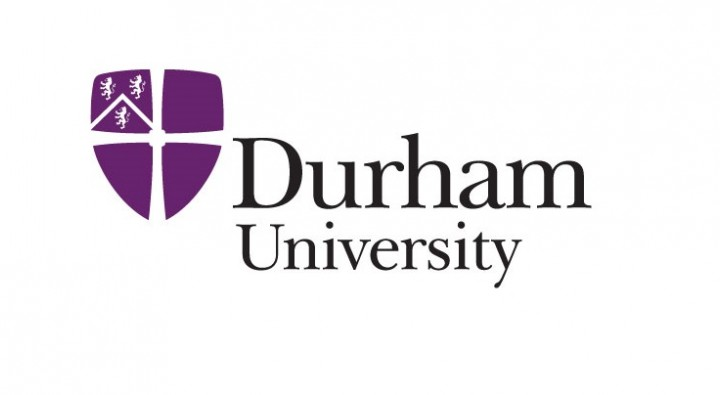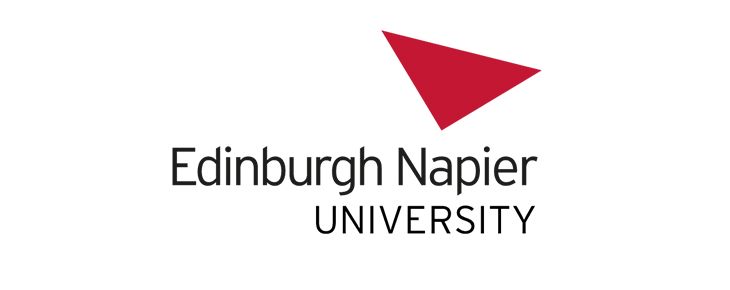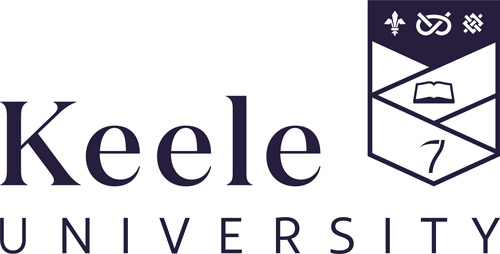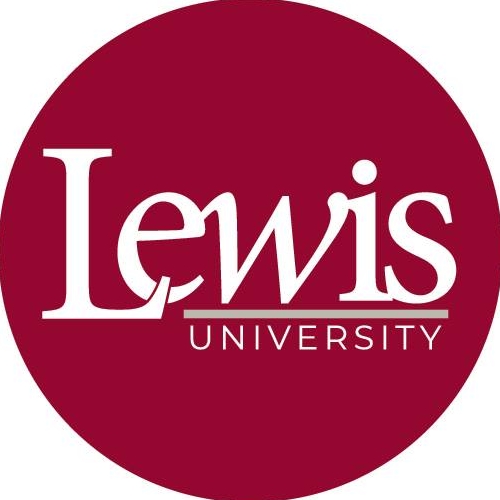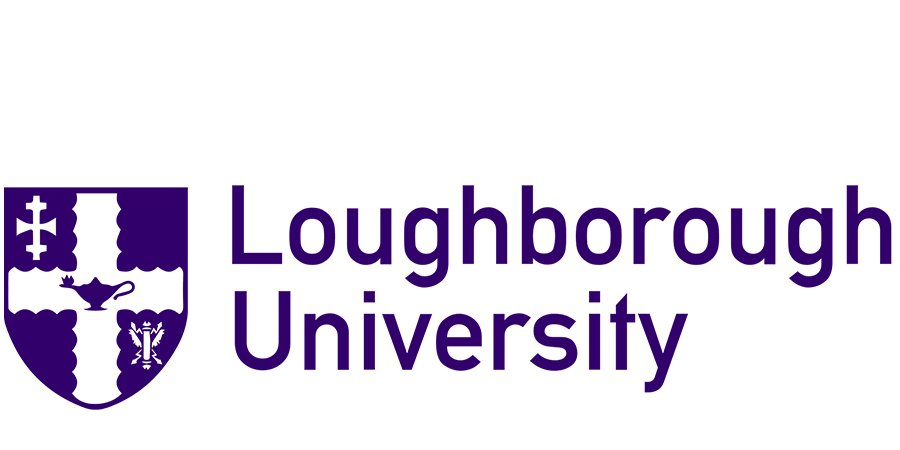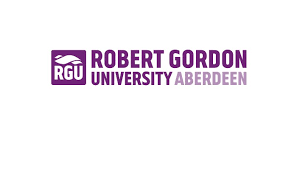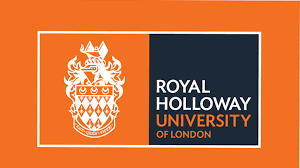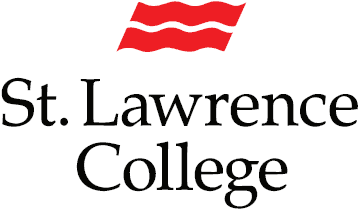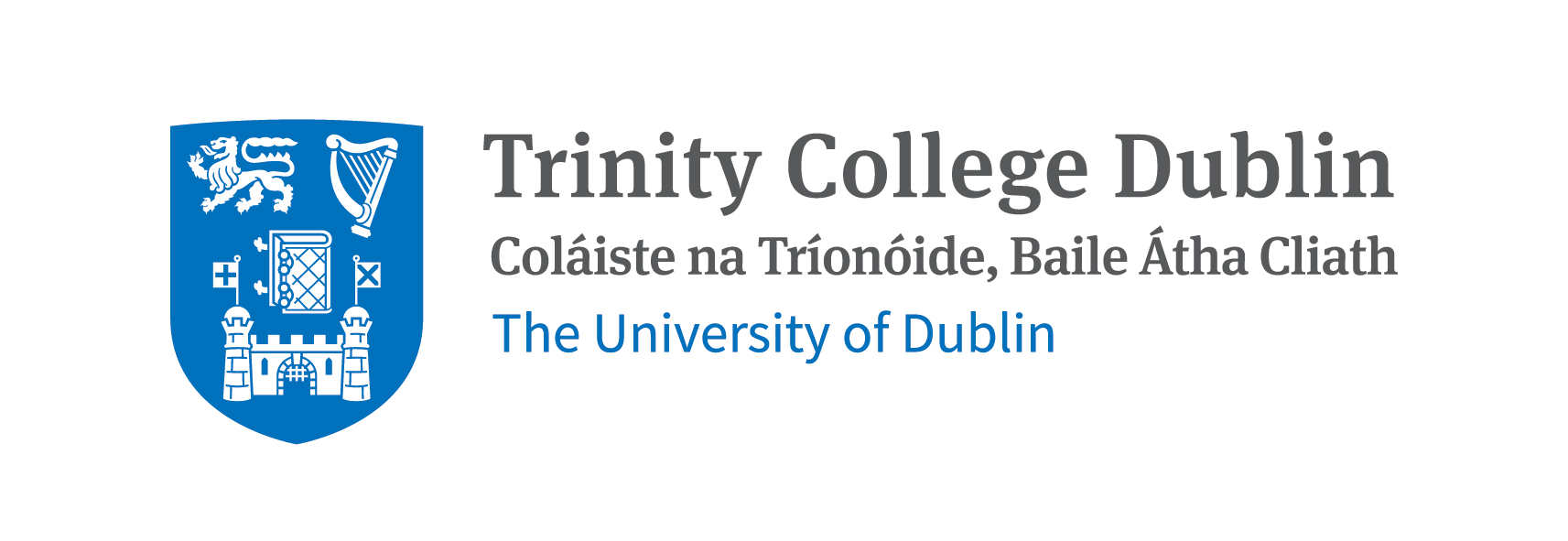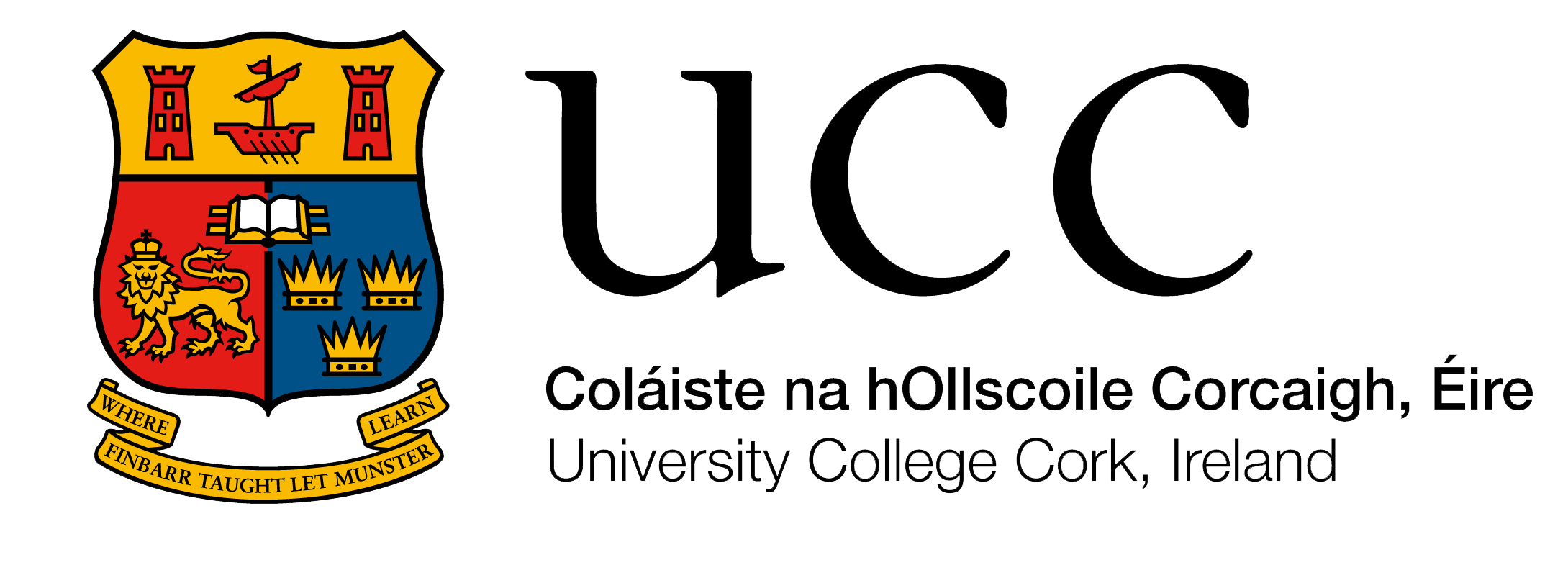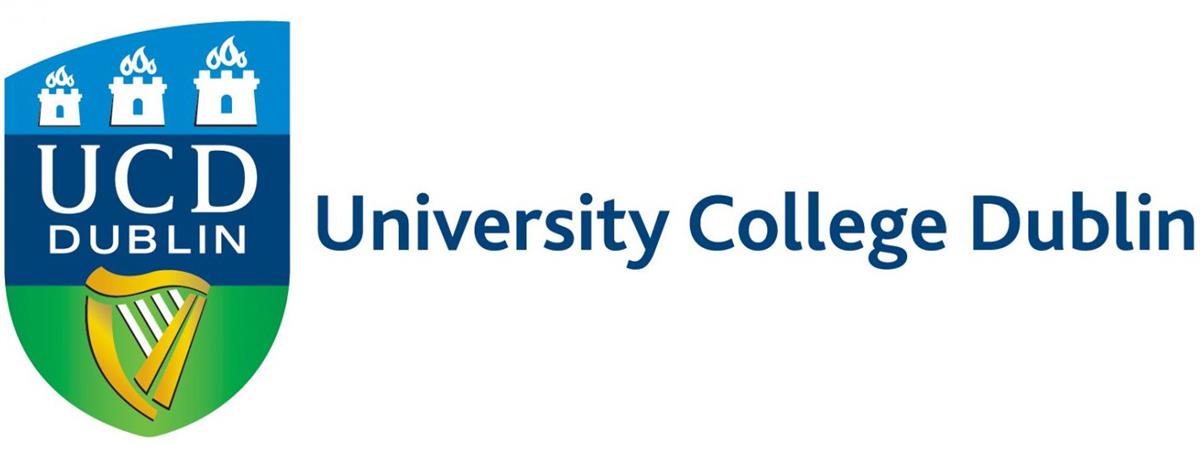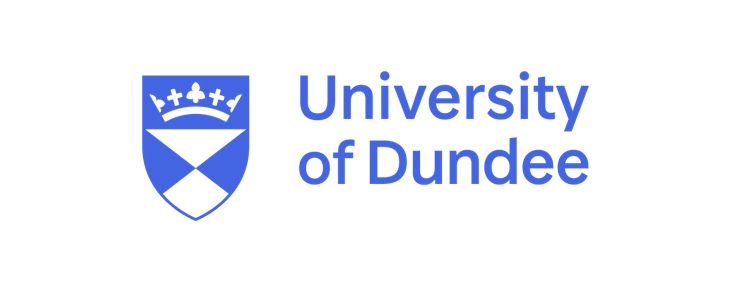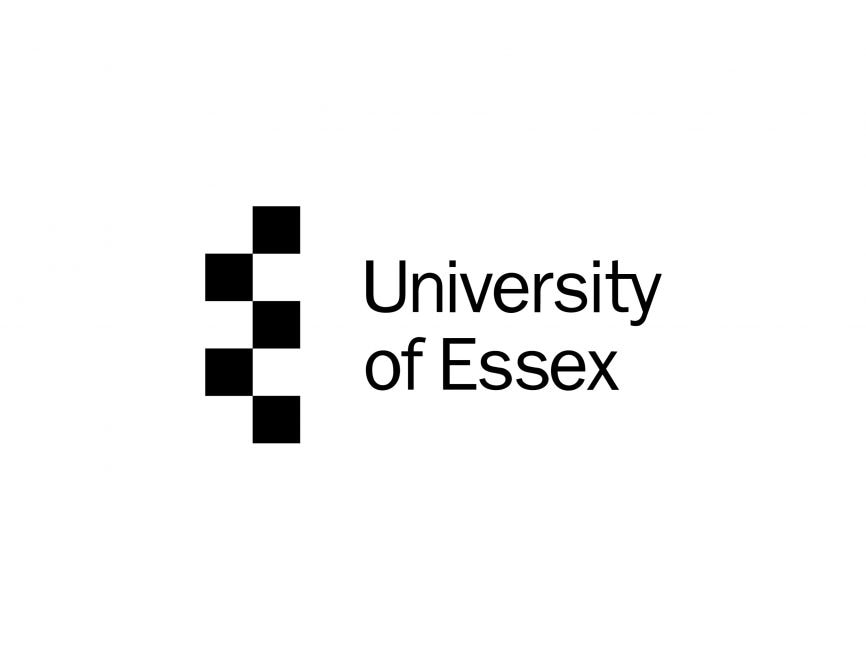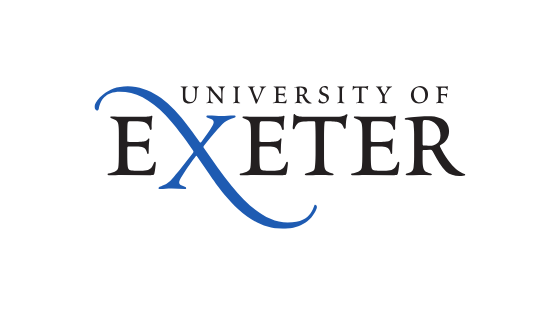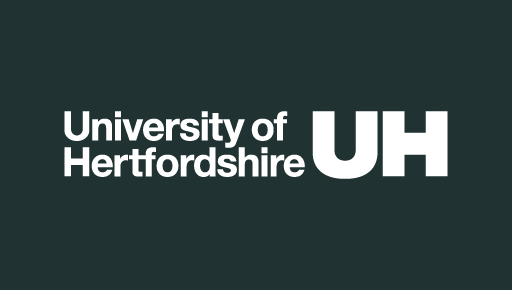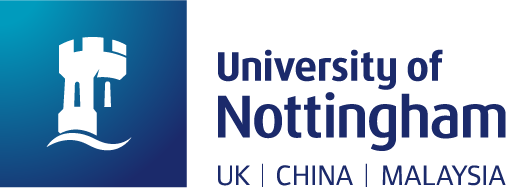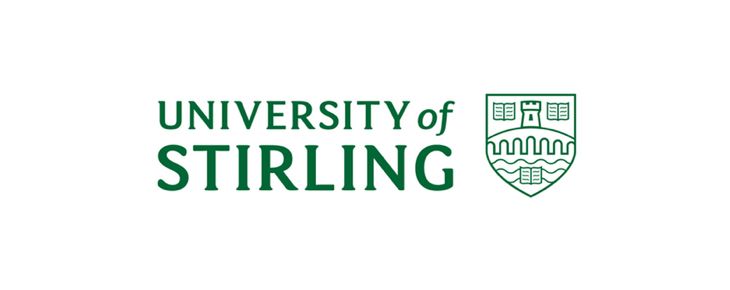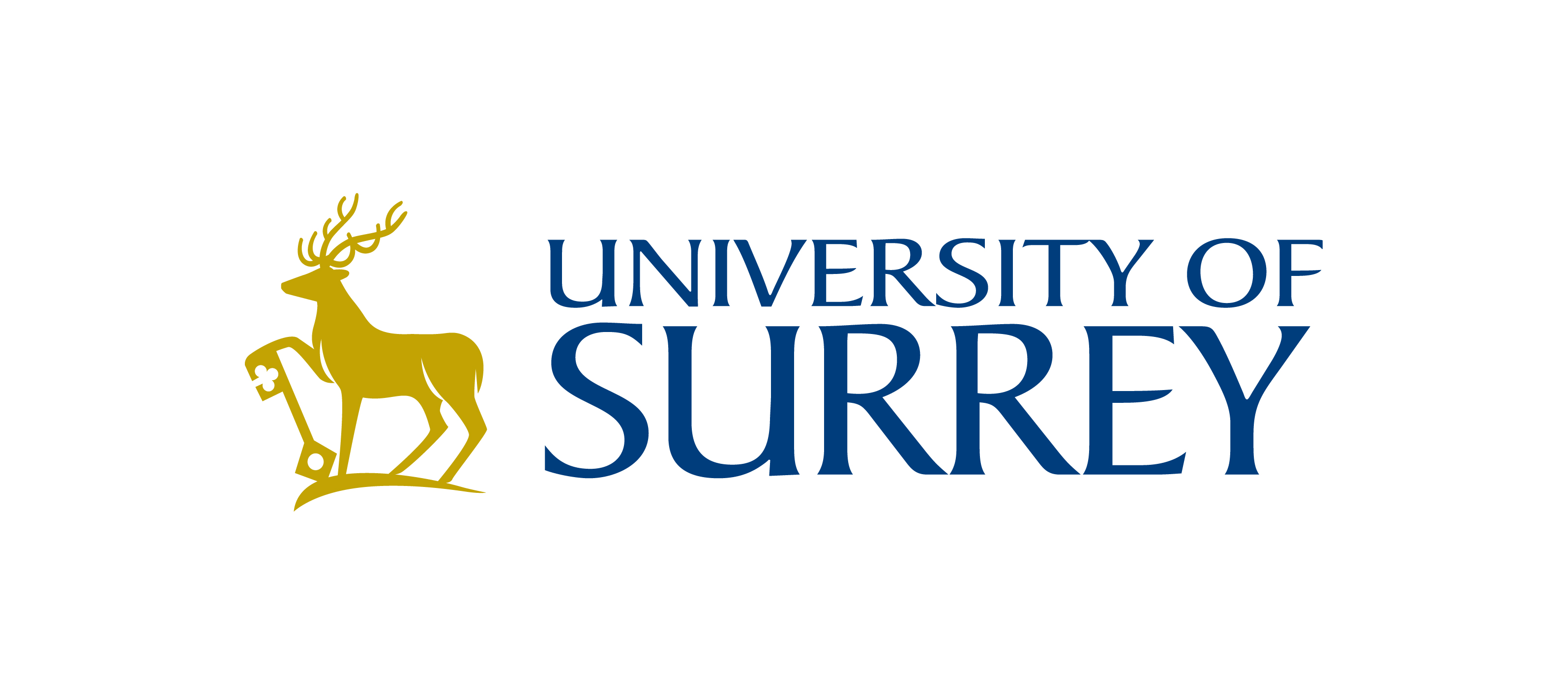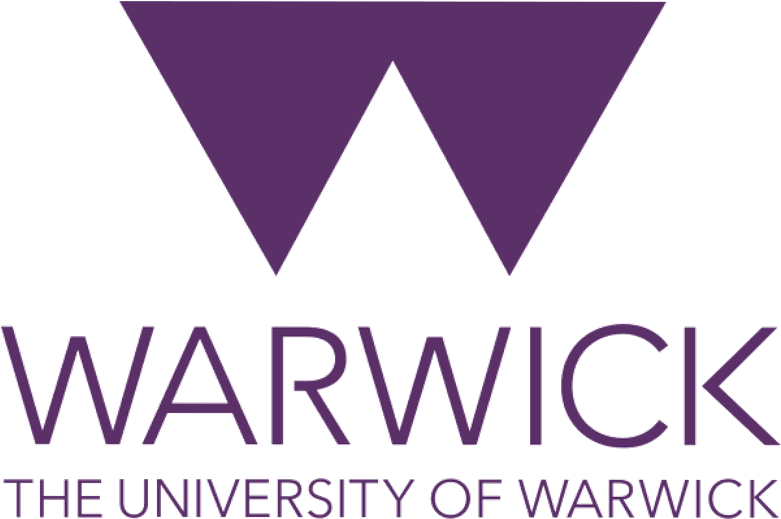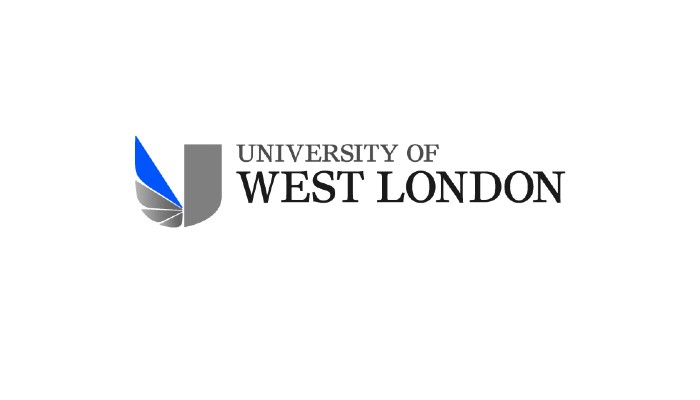Business Analytics: Empower Your Career with Data Insights Abroad
Welcome to the world of Business Analytics, a dynamic field that combines data science, statistics, and business strategy to drive decision-making in today's data-driven economy. For Indian students aspiring to study abroad, pursuing a Business Analytics course offers unparalleled opportunities to gain global expertise, access cutting-edge resources, and launch a rewarding international career. Whether you're from Mumbai, Delhi, or Bangalore, this program equips you with the skills to analyze complex datasets, predict market trends, and optimize business operations—skills in high demand across industries like finance, healthcare, and e-commerce.
Studying Business Analytics abroad isn't just about earning a degree; it's about immersing yourself in innovative learning environments, collaborating with diverse peers, and building a network that spans continents. With the rise of digital transformation in India and worldwide, graduates from top international universities are returning home or staying abroad to lead analytics teams at companies like Google, Amazon, and Tata Consultancy Services (TCS). Let's explore why this course is a game-changer for your future.
Why Study Business Analytics Abroad?
The global analytics market is projected to reach $250 billion by 2026, creating millions of jobs. For Indian students, studying abroad in Business Analytics provides exposure to advanced tools like Python, R, Tableau, and machine learning algorithms that go beyond what's typically available in Indian curricula. Here's why it's a smart choice:
- Global Recognition: Degrees from accredited universities abroad carry prestige, making your resume stand out to multinational corporations in India and overseas.
- Hands-On Learning: International programs emphasize real-world projects, internships, and case studies from Fortune 500 companies, unlike theoretical focus in many domestic courses.
- Diverse Perspectives: Interact with students from Europe, Asia, and the Americas, fostering a multicultural understanding essential for global business roles.
- Research Opportunities: Access state-of-the-art labs and collaborations with industry leaders, such as IBM or McKinsey, to work on cutting-edge analytics research.
- Post-Study Work Visas: Countries like Canada and Australia offer pathways to permanent residency, allowing you to gain international experience before returning to India's booming IT sector.
Moreover, with India's data analytics industry growing at 30% annually, returning graduates often secure high-paying roles at firms like Infosys, Accenture, or startups in Bengaluru's Silicon Valley.
Top Destinations for Business Analytics Programs
Choosing the right country can shape your educational and professional journey. Here are some premier destinations tailored for Indian students, known for their strong programs, supportive Indian communities, and scholarship options:
| Country | Top Universities | Duration & Cost (INR Approx.) | Key Benefits for Indians |
|---|---|---|---|
| USA | Massachusetts Institute of Technology (MIT), Carnegie Mellon University, New York University (NYU) | 1-2 years; 25-50 lakhs | STEM-designated programs eligible for 3-year OPT; vibrant Indian diaspora in cities like Boston and New York. |
| UK | Imperial College London, University of Edinburgh, London School of Economics (LSE) | 1 year; 20-35 lakhs | Short duration saves time and money; Graduate Route visa for 2 years of work experience; strong ties with Indian businesses. |
| Canada | University of Toronto, McGill University, University of British Columbia | 1-2 years; 20-40 lakhs | Post-Graduation Work Permit up to 3 years; affordable living and multicultural cities like Toronto with large Indian populations. |
| Australia | University of Melbourne, Monash University, University of Sydney | 1-2 years; 25-45 lakhs | Temporary Graduate Visa for 2-4 years; focus on practical skills; Indian student hubs in Melbourne and Sydney. |
These destinations offer a blend of academic rigor and cultural familiarity, with Indian festivals celebrated on campuses and halal food options readily available.
Course Structure and Curriculum
A typical Business Analytics Master's program abroad spans 1-2 years and integrates core business principles with technical analytics training. The curriculum is designed to build proficiency step-by-step, from foundational concepts to advanced applications. Most programs include a mix of coursework, capstone projects, and electives.
Core Modules
- Data Management and Visualization: Learn to handle big data using SQL, Hadoop, and tools like Tableau or Power BI to create insightful dashboards.
- Statistical Analysis and Modeling: Dive into probability, regression analysis, and hypothesis testing to derive meaningful insights from data.
- Machine Learning for Business: Explore algorithms like decision trees, neural networks, and predictive modeling using Python and R.
- Business Intelligence and Strategy: Understand how analytics informs decisions in marketing, supply chain, and finance.
- Ethics and Data Privacy: Cover GDPR, data security, and ethical AI use, crucial for global compliance.
Electives and Specializations
Many programs allow customization:
- Financial Analytics: Focus on risk assessment and portfolio optimization.
- Marketing Analytics: Analyze consumer behavior and campaign ROI.
- Healthcare Analytics: Use data for patient outcomes and operational efficiency.
- Supply Chain Analytics: Optimize logistics and inventory using simulation models.
Expect 60-70% technical content balanced with 30-40% business applications. Programs often culminate in a thesis or industry internship, where you might analyze real datasets for companies like Deloitte or KPMG.
Key Skills You'll Acquire
By the end of your Business Analytics course, you'll be equipped with a versatile skill set that bridges technology and business. These competencies are highly transferable and sought after by employers:
- Analytical Thinking: Ability to interpret complex data and solve business problems quantitatively.
- Programming Proficiency: Expertise in coding languages like Python, R, and SAS for data manipulation.
- Data Storytelling: Communicating insights through visualizations and reports to non-technical stakeholders.
- Project Management: Leading analytics projects from ideation to implementation using Agile methodologies.
- Soft Skills: Enhanced critical thinking, teamwork, and adaptability in multicultural settings.
Indian students particularly benefit from this, as it aligns with the analytical demands of India's IT-BPM sector, projected to employ 5 million more professionals by 2025.
Career Opportunities and Salary Prospects
Business Analytics graduates enjoy lucrative careers with rapid advancement. In India, entry-level roles start at INR 8-15 lakhs per annum, while abroad, salaries can exceed $80,000 USD annually. Here's a snapshot of popular roles:
| Job Role | Key Responsibilities | Average Salary (INR Lakhs/Year) | Top Employers |
|---|---|---|---|
| Business Analyst | Translate business needs into data solutions; conduct requirement analysis. | 10-20 (India); 25-40 (Abroad) | Accenture, IBM, HDFC Bank |
| Data Analyst | Extract and analyze data for reporting; build predictive models. | 8-18 (India); 20-35 (Abroad) | Amazon, Flipkart, Google |
| Analytics Consultant | Advise on strategy using data; lead client projects. | 15-25 (India); 30-50 (Abroad) | McKinsey, Deloitte, PwC |
| Big Data Specialist | Manage large-scale data systems; implement AI-driven insights. | 12-22 (India); 28-45 (Abroad) | TCS, Wipro, Microsoft |
With experience, you could rise to roles like Chief Data Officer, earning over INR 50 lakhs in India or $150,000+ abroad. The field's versatility allows transitions into emerging areas like AI ethics or sustainable analytics.
Eligibility and Admission Requirements for Indian Students
Most programs require a bachelor's degree in a quantitative field like engineering, commerce, or mathematics, with a minimum GPA of 3.0/4.0 (or equivalent). Key requirements include:
- Standardized Tests: GRE/GMAT scores (optional for some UK/Canadian unis); IELTS/TOEFL for English proficiency (aim for 6.5+ IELTS).
- Work Experience: 1-2 years preferred but not mandatory for freshers.
- Documents: SOP (Statement of Purpose) highlighting your interest in analytics; 2-3 LORs (Letters of Recommendation); updated resume.
- Application Deadlines: Fall intake (Sept): Apply by January-March; costs INR 5,000-10,000 in fees.
Prepare early by strengthening your quantitative skills through online courses on Coursera or edX.
Scholarships and Financial Aid
Funding shouldn't be a barrier for talented Indian students. Explore these options:
- University-Specific: MIT's Fellowships or University of Toronto's Entrance Scholarships (up to 50% tuition waiver).
- Government Schemes: UK's Chevening Scholarships (full funding); Australia's Endeavour Awards; Canada's Vanier Scholarships.
- Indian-Focused: Inlaks Shivdasani Foundation (up to $100,000); JN Kennedy Memorial Trust for UK studies.
- Private: Fulbright-Nehru for USA; GREAT Scholarships for UK (INR 10 lakhs+).
Average scholarships cover 20-100% of costs, plus living expenses. Apply via university portals or the British Council for guidance.
Life Abroad: A Smooth Transition for Indian Students
Studying abroad means adventure and growth. Expect supportive Indian student associations (ISAs) organizing Diwali events and cricket matches. Costs vary: USA (INR 15-20 lakhs/year living), UK (INR 12-18 lakhs). Part-time jobs (20 hours/week) in analytics roles can offset expenses. Health insurance and visa processes are streamlined for Indians, with success rates over 90% for genuine applicants.
In conclusion, a Business Analytics degree abroad is your gateway to a future where data powers success. With India's digital economy expanding, you'll be at the forefront of innovation. Start your application today and transform your career— the world of analytics awaits!




